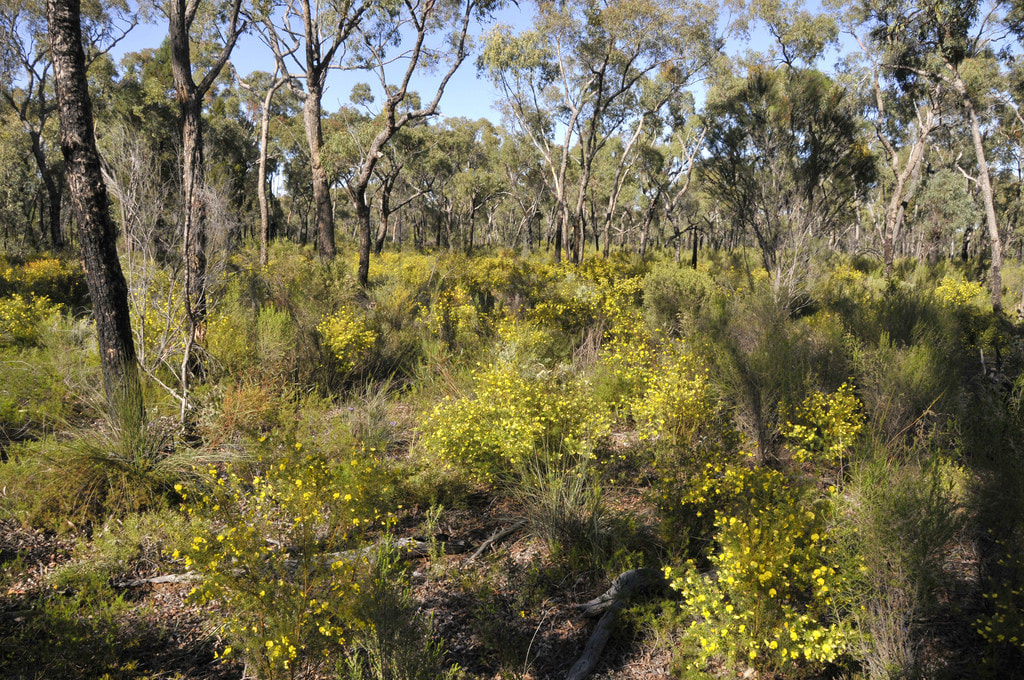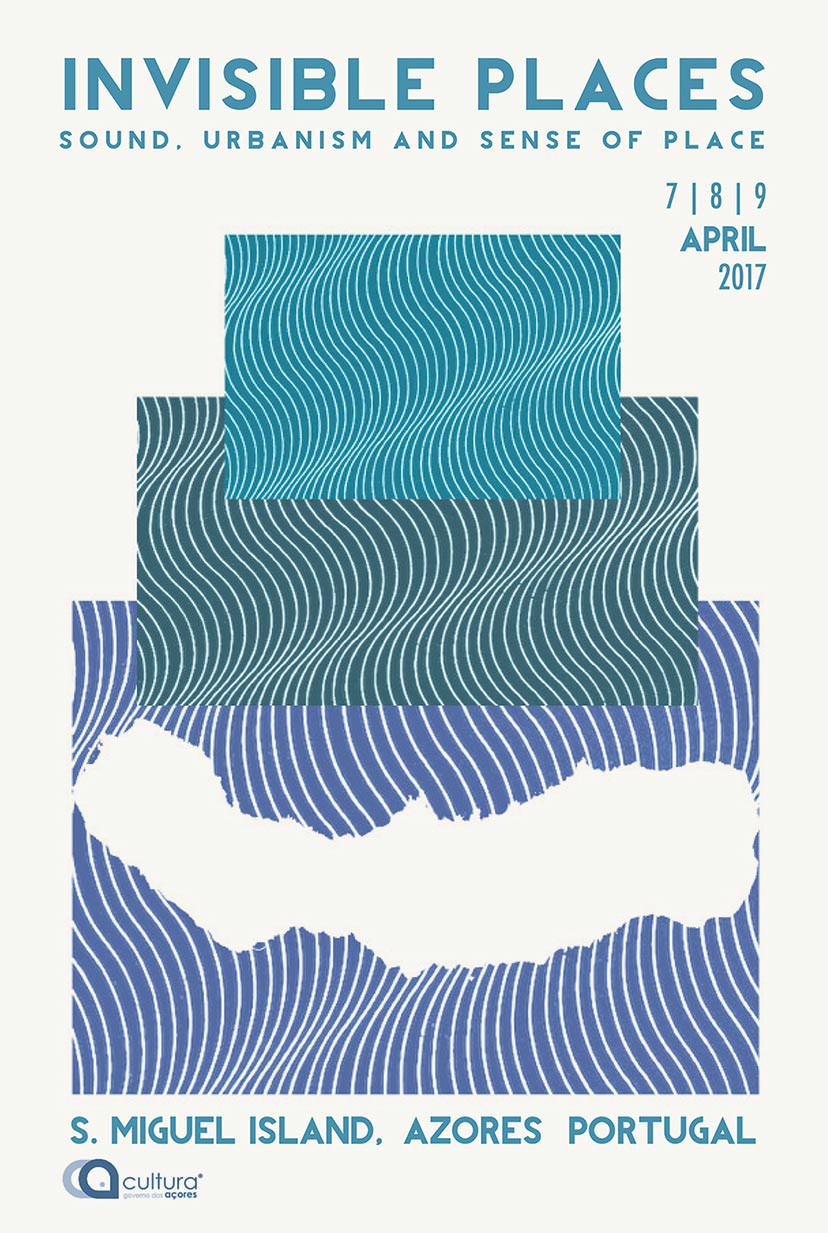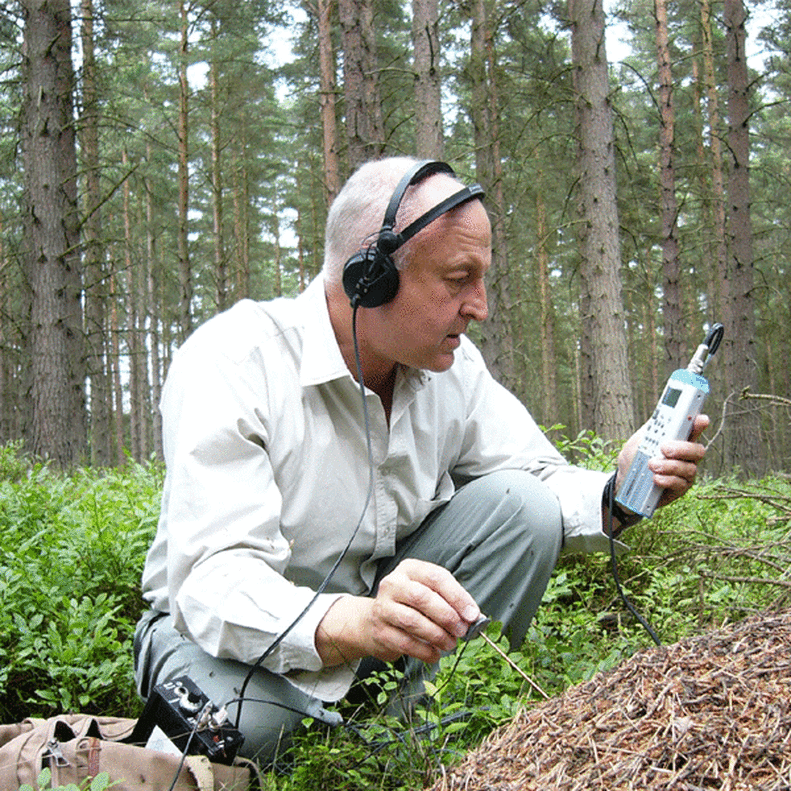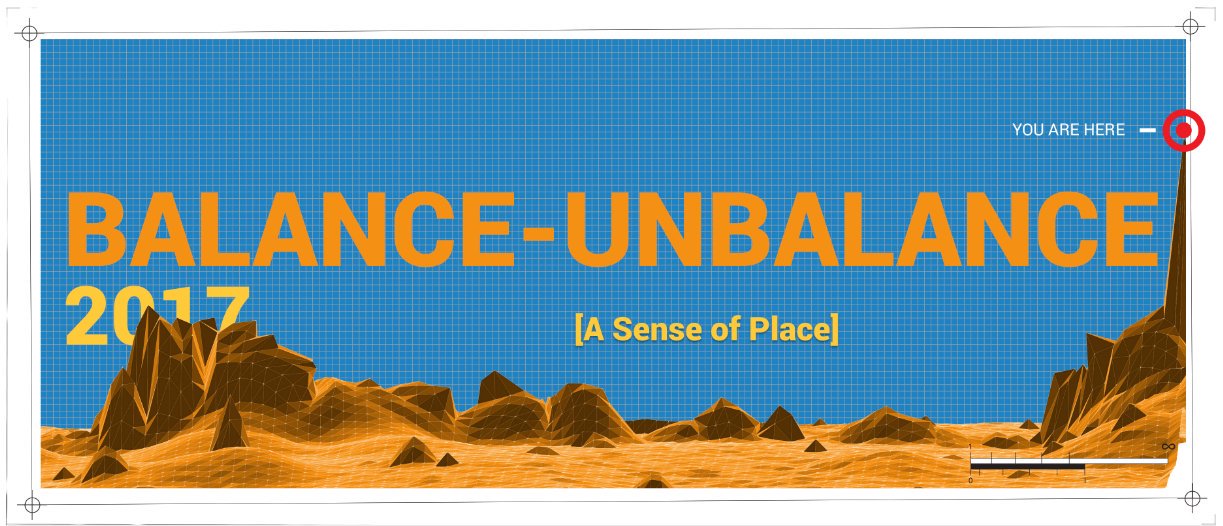|
Australian Wildlife Sound Recording Group 2017 Workshop and Conference
6th – 11th September, 2017 Camp Cypress, Baradine, NSW. AFAE Members are preparing to venture deep into the Pilliga forest for a week of listening to the natural world – sharing the skills and experience of nature sound recording for a variety of purposes, ranging from scientific research, to artistic responses. The event is hosted by the Australian Wildlife Sound Recording Group at Camp Cypress near Baradine, on the edge of the Pilliga forest, the largest expanse of contiguous dry woodland in inland NSW, and a wonderful area for birdlife and wildlife sound recording. The workshop will be a week of expert presentations and discussion, covering all aspects of wildlife and environmental sound recording, including:
Workshop facilitators include AFAE President Dr Leah Barclay, AFAE founding member Dr Ros Bandt and AFAE board member Andrew Skeoch who is the president of the Australian Wildlife Sound Recording Group. The week will also feature presentations from Jennifer Ackerman – science writer and author of ‘The Genius of Birds’, ecoacoustics specialist Michael Towsey and a range of other presenters you can explore here. The workshop and conference is suitable for beginners, field naturalists, student and professional researchers, artists/musicians and anyone interested in engaging with the natural world more deeply through listening and acoustic ecology. Download the program here or explore further information about the program and registration on the Australian Wildlife Sound Recording Group website.
6 Comments
INVISIBLE PLACES 2017 SOUND, URBANISM AND SENSE OF PLACE 7-9 APRIL 2017 SÃO MIGUEL ISLAND, AZORES, PORTUGAL Many studies engaged with acoustic ecology have focused on urban environments, motivated by increasing concerns about the sensory impoverishment related to the dominance of anthropogenic sound associated with traffic and other types of transport, machinery from industry or construction, alarm signals and other sounding activities, which often mask and interfere with our living environment. These anthropogenic sounds have tended to be linked to a lack of environmental quality, as they inhibit the perception of other natural sounds. The sounds of the wind, the water, the voicing of certain animals originating from natural landscapes often contrast with human sounds in urban landscapes. They often share the same physical characteristics as measured by volume, duration, frequency or tone, but are experienced by humans differently. Beauty is in the ear of the beholder, we could say. Soundscapes are part of any ecosystem and a fundamental manifestation of life. Every individual and species contributes and responds differently to a given sonic context with its own perceptual mechanism and will use diverse communication strategies. Development processes and urbanization have directly influenced the environment, often in negative ways that eliminate or diminish unique sounds, causing loss of social identity and cultural diversity. The aim of this conference is to bring together scholars, artists and theoreticians on soundscape art and ecology and encourage them to present new perspectives that will further interdisciplinary research and practice. We still know little about the complex relationships between landscapes and soundscapes or the significance of acoustic ecology for all living organisms including ourselves. Focused study and intentional stewardship of our sound heritage for the holistic evaluation of landscapes is fundamental to the evolution of all species, and will have a great impact on the survival of many. More information at www.invisibleplaces.org Sound + Environment 2017
Art | Science | Listening | Collaboration 29 June – 2 July 2017 | University of Hull ‘Sound + Environment 2017' is an international conference bringing together artists and scientists to explore the ways in which sound can deepen our understanding of environments. Keynotes include BAFTA award-winning sound artist and field recordist Chris Watson and Australian sound artist and president of the AFAE Leah Barclay. Through exploring scientific and artistic approaches together, the conference will engage with sound in order to create complementary ways of investigating, understanding, and taking action. This conference is endorsed by the World Forum for Acoustic Ecology (WFAE). Call for papers and creative works: www.soundenvironment.net BALANCE-UNBALANCE 2017
[Arts + Sciences x Technology = Environment / Responsibility] A Sense of Place August 21 to 23, 2017 i-DAT, Plymouth University, UK. The 6th edition of the Balance-Unbalance International Conference will be held from August 21 to 23 of 2017 in Plymouth, UK. Produced by i-DAT in collaboration with the Sustainable Earth Institute, Art and Sound at Plymouth University, North Devon’s UNESCO Biosphere Reserve, Beaford Arts, Fulldome UK and the World Forum for Acoustic Ecology. The theme for BunB 2017 is “A Sense of Place”. Our increasingly mediated relationship with the environment brings new insights to the invisible forces that affect complex ecologies. From meteorological data flows to temporal climate change models, our relationship with our environment is becoming more abstract, simulated and remote – tempering our desire to act. Could it be that we know more and experience less? BunB17 maps the coordinates of our Sense of Place – the horizontal landscape to the vertical transcalar spaces of the macro/micro. Balance-Unbalance encourages submissions related to acoustic ecology. Deadline for submissions is January 16, 2017 (midnight, UK time) and notification of acceptance is February 28, 2017. More information at www.balance-unbalance2017.org |
Categories
All
Archives
April 2023
|





 RSS Feed
RSS Feed